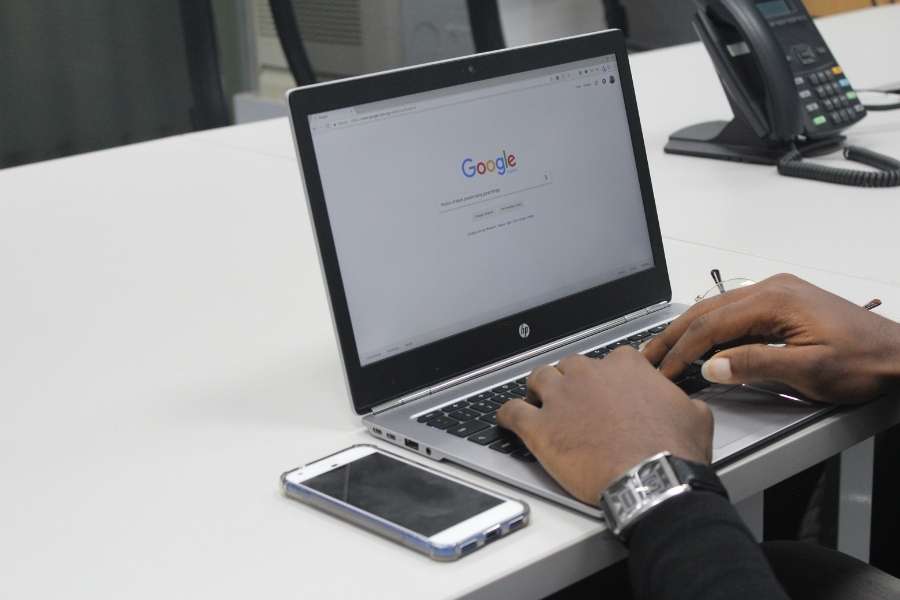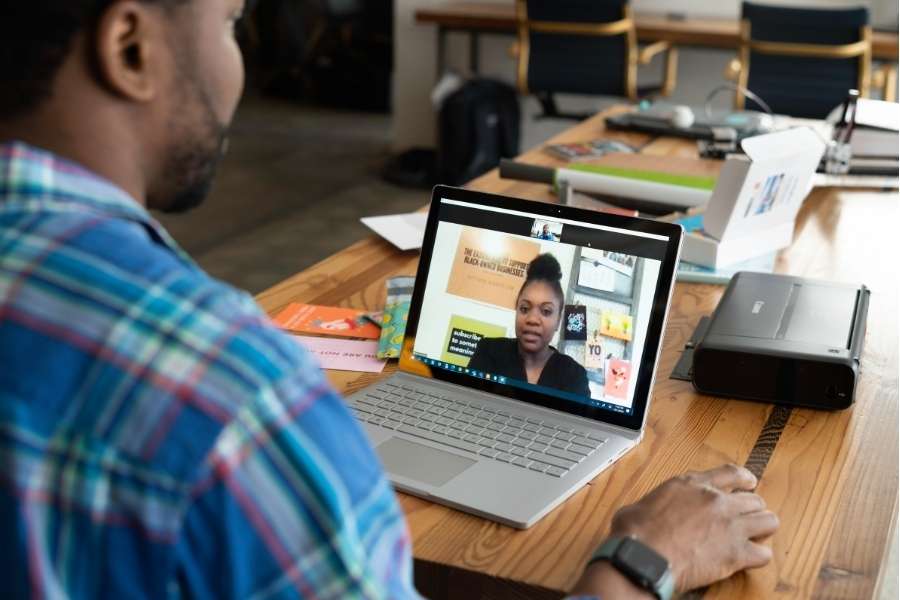The graduate job competition is fiercer than ever. Nowadays, all candidates are experienced, well-educated and talented, so you have to work harder to distinguish yourself and make a lasting impression. However, the outcome of a job interview largely depends on how well you prepare beforehand and failing to prepare means you’re preparing to fail. With that in mind, here are 7 ways to plan ahead:

1. Pitch yourself in line with the job description
The purpose of a job interview is to allow the interviewer to discover what you are like as a person and to suss out whether you are well suited for the role. In doing so, the best candidates know how to play the game and naturally sell themselves; providing evidence of their talents, work ethic, and character.
Read the job description carefully. Focus on what qualifications they are looking for and then match those to your own to show that you are the right fit. Read between the lines as to what values they prioritise in the workplace, and mention any extra skills you offer which will give you the edge. For instance, if you speak any languages or have specialised knowledge of a certain relevant area…tell them!
2. Find out who is interviewing you
Making an effort to discover who the person interviewing you will be is what defines a stand-out candidate. This is usually straightforward to do; most companies inform you via email or, if not, you can politely request to be told your interviewer’s name. Then do some research (particularly on LinkedIn, Twitter, and the company website) to find out their position, background, and any mutual interests. This can help you to connect with them on a more personal level and create a positive first impression.
3. Research the company
Arguably the best way that you can prepare for a graduate job interview is to familiarise yourself with the company. Start by finding out their mission, values, and competitors. Then examine their SWOT's (Strengths, Weaknesses, Opportunities, and Threats). Research the organisation on Google and their social media accounts and impress the interviewer by name-dropping any notable figures or heads of departments.
Reading press releases will also tell you a company’s latest developments and ensure that you won’t be caught off guard if the interviewer starts talking about a recent success story. But avoid bringing up any negative press as it may contradict your desire to get the job.

4. Prepare for predictable questions
A reassuring fact is that there are certain questions which you can prepare for a graduate job interview. Common Graduate Interview Questions include: ‘tell me about a time when you encountered a challenge and overcame it’, or ‘describe an experience when you demonstrated leadership’. These will form some of the key discussion points for your interview so make sure you have concise answers prepared - you can practise with a friend beforehand!
The best answers use unique examples. This means avoiding talking about banal subjects like “I demonstrated time management whilst writing my dissertation” or “I had to adapt to this during Covid-19”. The interviewer already knows that you are educated and that everyone had to remodel their working life around the pandemic. Instead, talking about how you captained your debate team to the finals will be far more memorable and will give the interviewer a better sense of you as a person.
5. Showcase your interest and talents
They have already read your CV, so simply regurgitating information on there is a waste of time. Instead, make the interview compliment your written accomplishments by elaborating on any relevant experiences and demonstrating your genuine interest in the role. They will likely ask why you would like to work for them, so have your main points ready. However, they are looking for honesty, not flattery, so do not pretend to be an expert.
You should also subtly showcase your best qualities; confidence, enthusiasm, and diligence. Listen well to pick up on any small details they share and make your communication skills, commercial awareness, and critical thinking ability evident. All these traits are of more value than grades.
6. Prepare for the interview format
Familiarising yourself with your interview format and practically planning accordingly is the best way to adopt a calm mindset on the day. Though in-person style interviews are still common, since the pandemic, increasingly more are taking place virtually (by telephone or video).
For virtual graduate job interviews, make sure you know how to join the call (typically companies will send you an email link) and ensure that you have stable Wi-Fi, a quiet room, a plain background, good lighting, and a working microphone. Since only your head and shoulders will be in view, it's important to deliver your answers directly to the camera naturally and to maintain good body language. Be aware that video interviews can be live or pre-recorded, but try not to be intimidated. Instead, use it to your advantage by hiding post-it notes with any prompts or questions.
For in-person job interviews, plan your journey timings, bring a copy of your CV and make eye contact with the interviewer.

7. Prepare your own questions for the interviewer
At the end of a graduate job interview, you will always be asked if you have any questions - this will be the final impression you leave them with. Make sure you prepare the Best Questions to Ask at the End of An Interview; this proves how you have considered what it would be like to work there and helps you stand out from the crowd.
Here are some examples:
- Ask for more information on the role: E.g.) If you could design the ideal candidate for this position, what would they be like? Can you explain some of the day-to-day responsibilities this job entails?
- Ask about the future: E.g.) What are the biggest changes coming for you? What are the biggest opportunities on the horizon.
In summary: remember to keep it professional. Be punctual, look smart, and be respectful - the trick is to be your authentic self on a good day! Try to sleep and eat well beforehand, just as you would for an exam, and remember to finally thank them for their time and say “I am looking forward to hearing from you.”
Do your best… the good news is that by reading this article, you are already on the right track.
Did you enjoy reading this? Why not try: Ten Ways to Make Yourself Stand Out When You Graduate.




